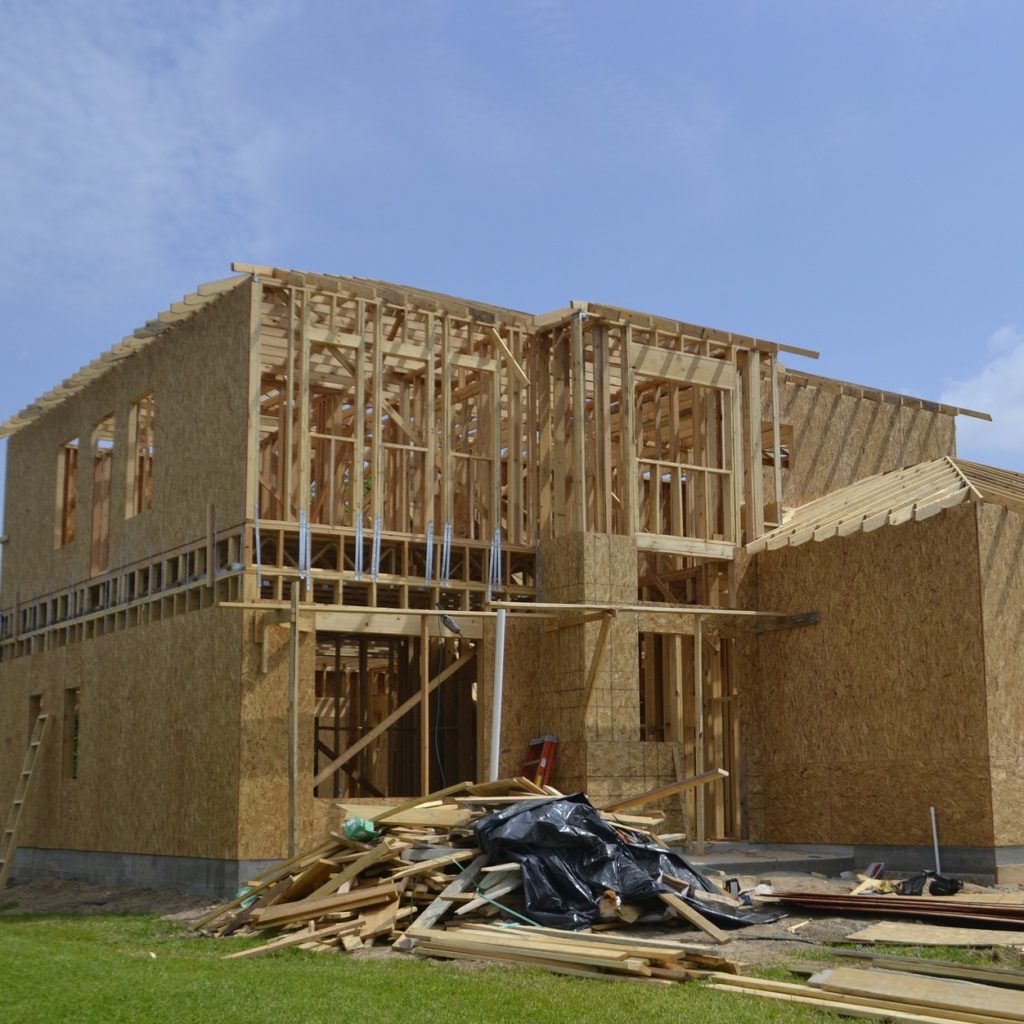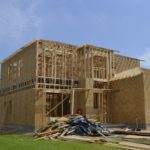In my previous posts I’ve been working toward what I call a panoramic or cosmopolitan perspective on Christian faith, one that seriously engages and is informed-by scripture, but is more at home in our contemporary, western cultural environment. It can and will engage in critique of cultural shifts in identity and community, ecology and spirituality. But it will do so from within a basic acceptance and affirmation of these shifts. It will operate within the parameters of our new normal.
Here I address two questions which immediately arise. The first is, can the cosmopolitan perspective I’ve proposed be given a fuller biblical foundation, filling in the broad, suggested parameters with more richness and detail? We can anticipate that this foundation will be built out of the minor voices in scripture, the counter-currents, the divergent impressions. And we can acknowledge that what is minor, counter, and divergent might, at best, be present only implicitly or indirectly. For example, it might be that much (perhaps all) of shalom talk in the OT is Israel-centered. But if that talk is presented as the work of the creator God, then surely what God is doing in Israel might have some correlate, or echo, or iteration outside of Israel. Similarly, even if OT texts typically assume that what is going on outside of Israel is chaotic and deadly, we can imagine these as rhetorical exaggerations, for affective use, and not straightforward or neutral descriptions of the goodness or evil of non-covenantal people—not to mention people not even in view of this particular time and place.
If we presume that these alternatives are not possible, because we start from a parochial perspective, then we will not notice scriptural clues and hints and motifs when they are there. But if we were to adopt—or at least experiment with—a more cosmopolitan starting point, perhaps we might notice elements of scripture we hadn’t before.
And that touches on a second question: can we make social and political space, within our emerging faith communities for this kind of biblical reconstruction, leading (perhaps) to new blueprints for building Christian faith and practice. I’ve indicated that I have a foot on each side of this line—on the side of renovating, within a parochial biblical theology and creedal Christian tradition, and on the side of reconstruction, within a cosmopolitan hermeneutic and an emerging Christian faith. And like a decent tap dancer and good martial artists, I can shift my weight to either side or be evenly in both, depending on context. But the question, here, is whether those who prefer to work on one side or the other can accept and appreciate those doing work on the other side.
This will involve a kind of polarity thinking—an acceptance of a mutual interdependence, where the emphases of one side, when explored without engagement with the other, leads to decay and dead ends. For such a polarity to support abundant life, it must be done with a kind of double vision or creative tension, which we might call mutual affirmation and admonition, recognition with reservation, validation but verification—a sort of fierce ambivalence that recognizes the values on both sides, feels the tensions between them, but chooses not to resolve the tension on one side or the other.
And we can explore this polarity or tension around shared reference points—peoplehood, piety, priesthood, and prophecy—seeking accounts of these that are both appropriate to our scriptural heritage, yet applicable in our post-Christendom and post-Christian context.
In all honesty, I’m not sure how this kind of polarity theology–a toggling between renovation and reconstruction–can be relationally (and institutionally) sustained. And in our current polarizing context (both inside and outside church), I’m doubtful that there is much energy and capacity for such work, however essential it might be for authentic and robust Christian witness in the West.
I’m not, in other words, optimistic. I am, however, hopeful, in the biblical sense–trusting in the ongoing shalom work of the creator god to foster conditions for abundant life, including theological life.






